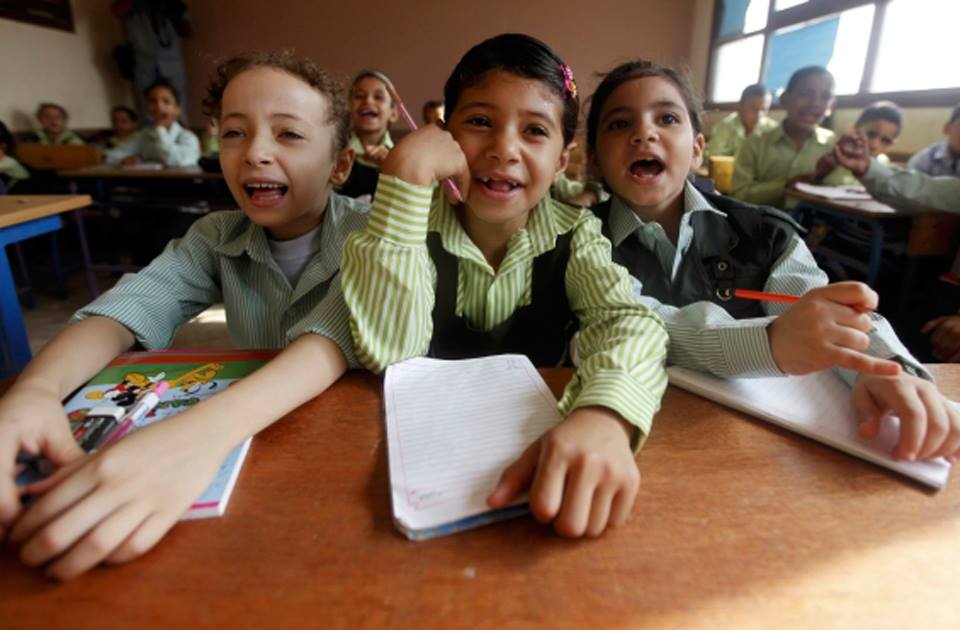I was the ideal student. If you were a teacher, you would want me in your class. I was a bright kid, I always did my homework, I participated in class and I rarely caused any trouble. Except this one time, in either 4th or 5th grade, I don’t remember what I did, or didn’t do but my Maths teacher thought it deserved punishment. My punishment was not to erase the blackboard after every class, write a word a hundred times, or even not go to recess that day. My punishment was to stand outside the class. Just stand there, so that I could feel my feet hurt and my guilt would be alive and well. I must have done something awful to deserve physical pain; I guess I just didn’t know it at the time. Do you think I threw caution to the wind and sat down on the floor every other minute? Well, I didn’t. I always did what I was told, especially at school. After a few minutes, nature called. I knocked on the door-because I couldn’t simply open the door without knocking- and asked the teacher…
A Tale Of Two Students: On Conditions Of How Students Are Treated In Egyptian Schools
March 11, 2015



